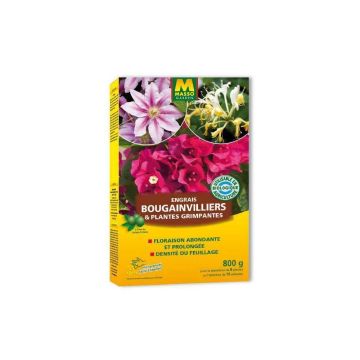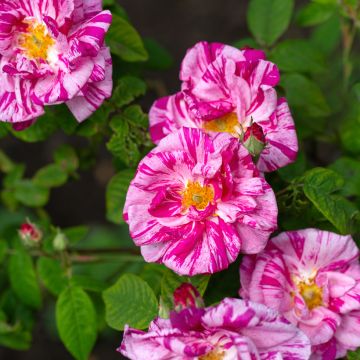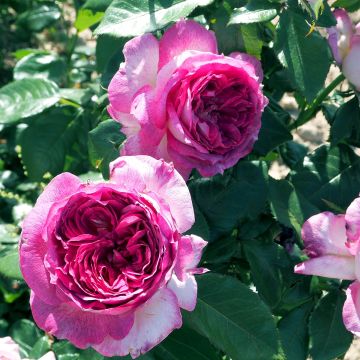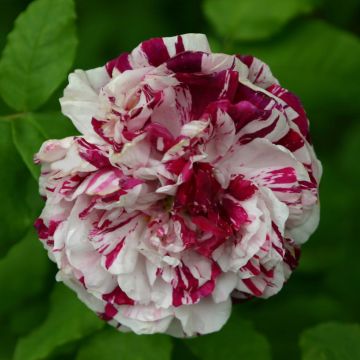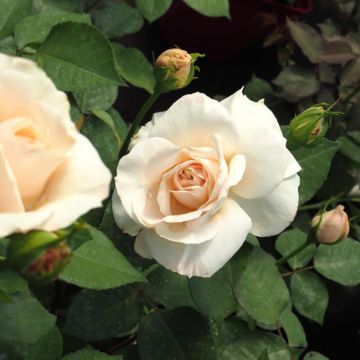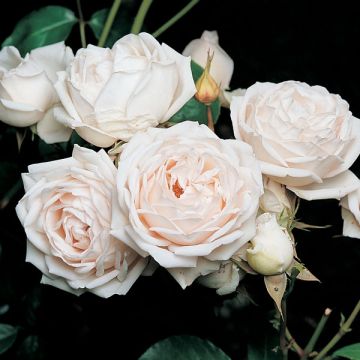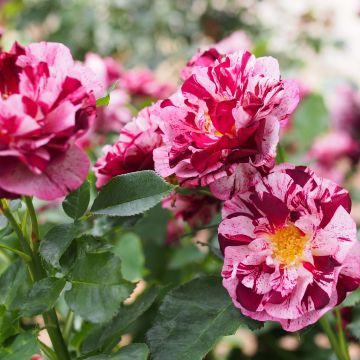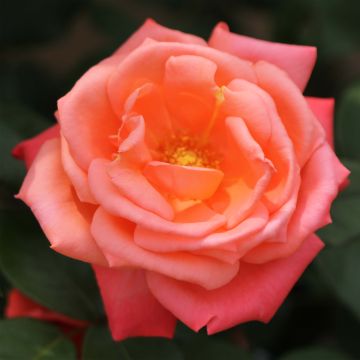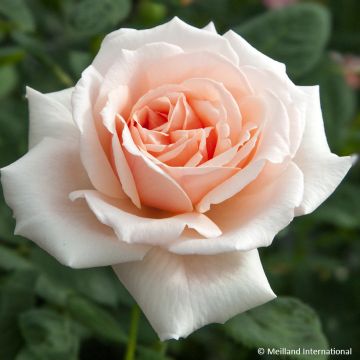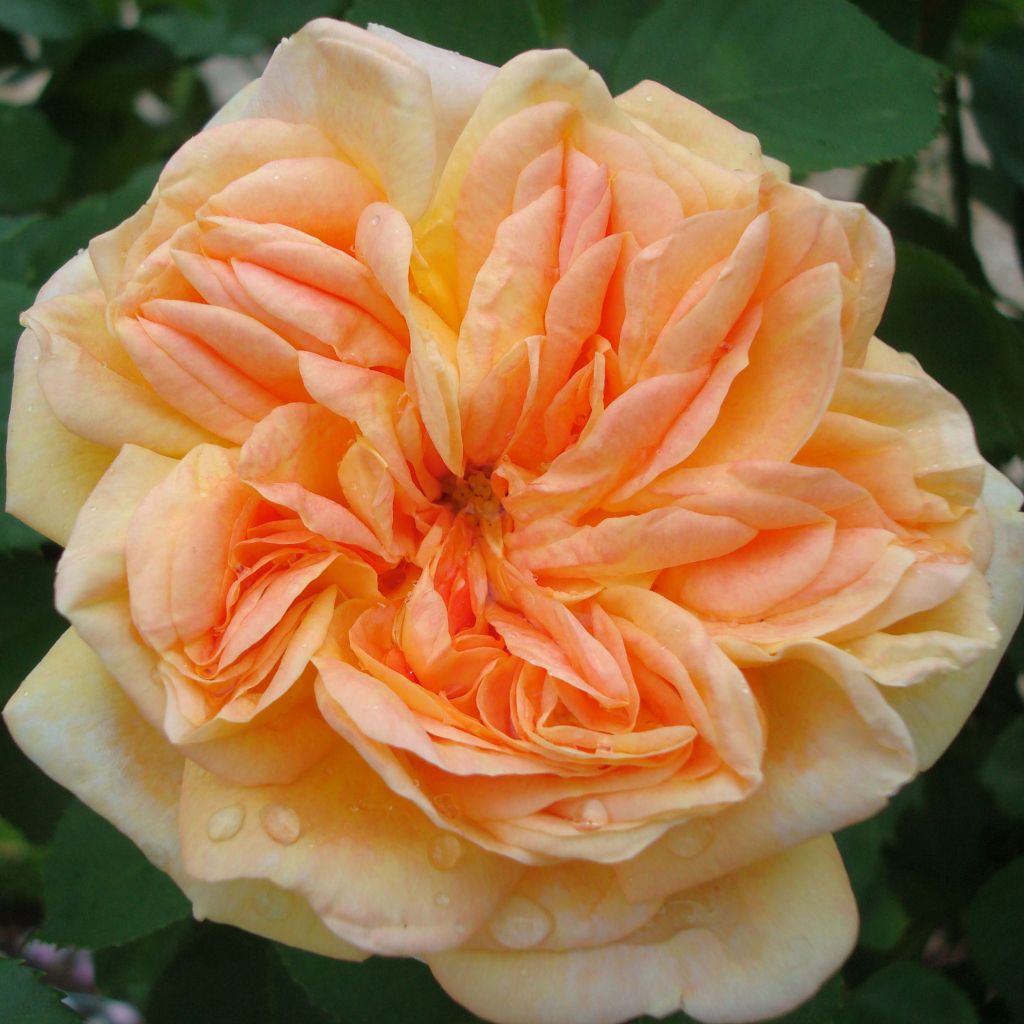

Rosa 'Alchymist'
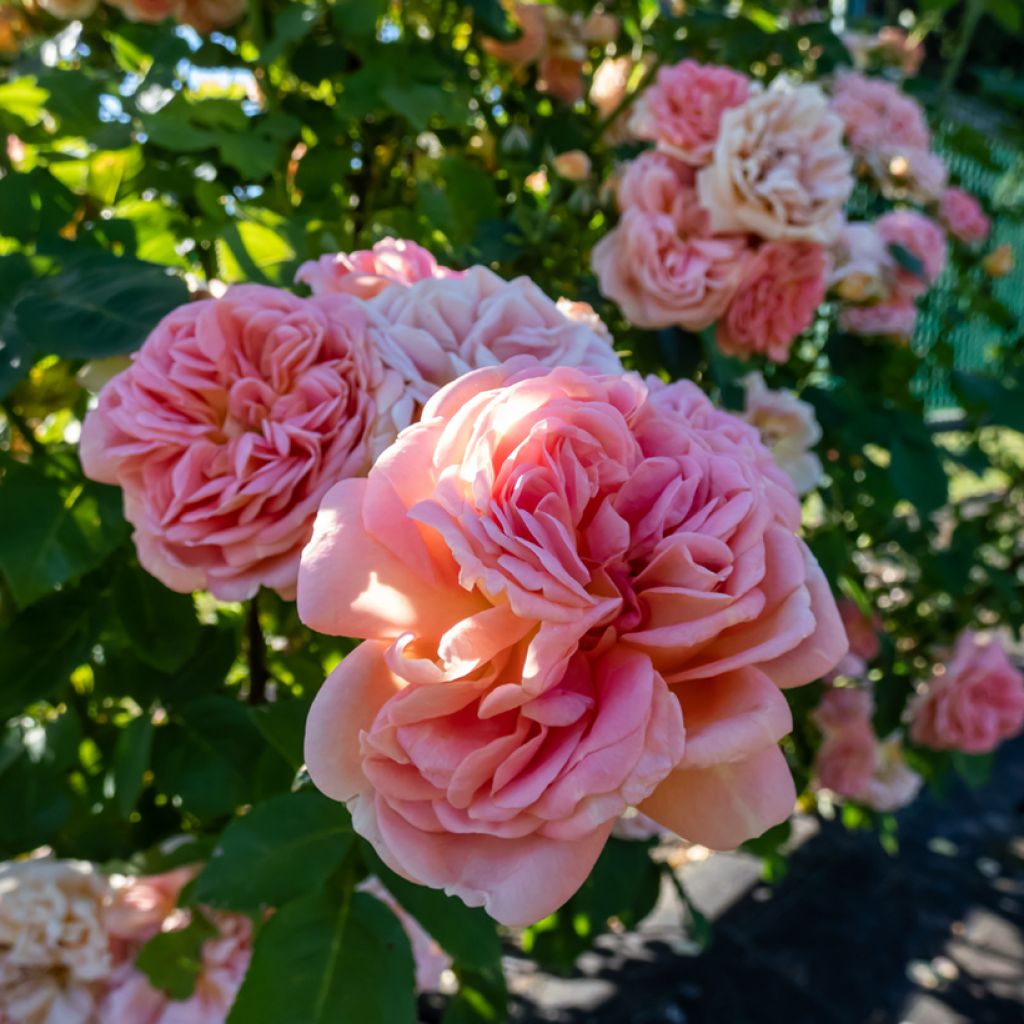

Rosa 'Alchymist'
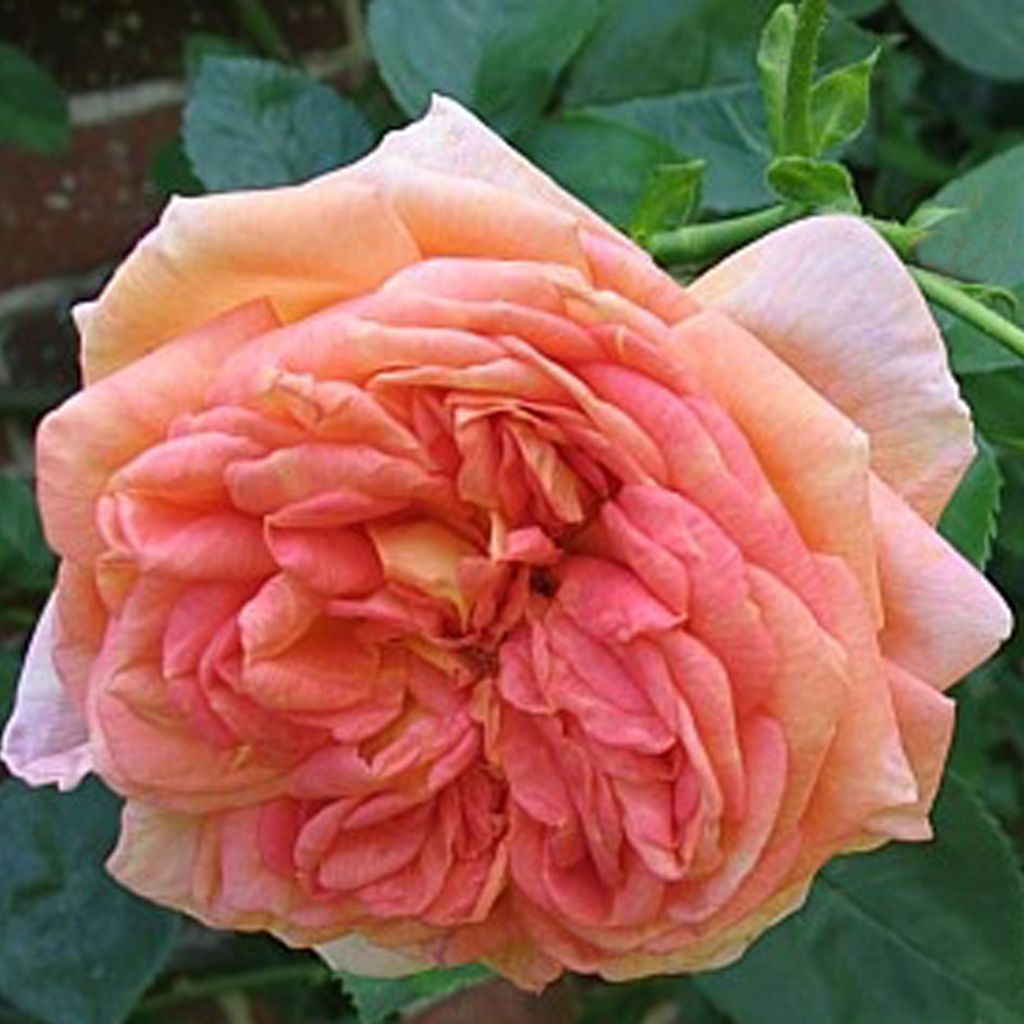

Rosa 'Alchymist'
View more pictures
Hide images
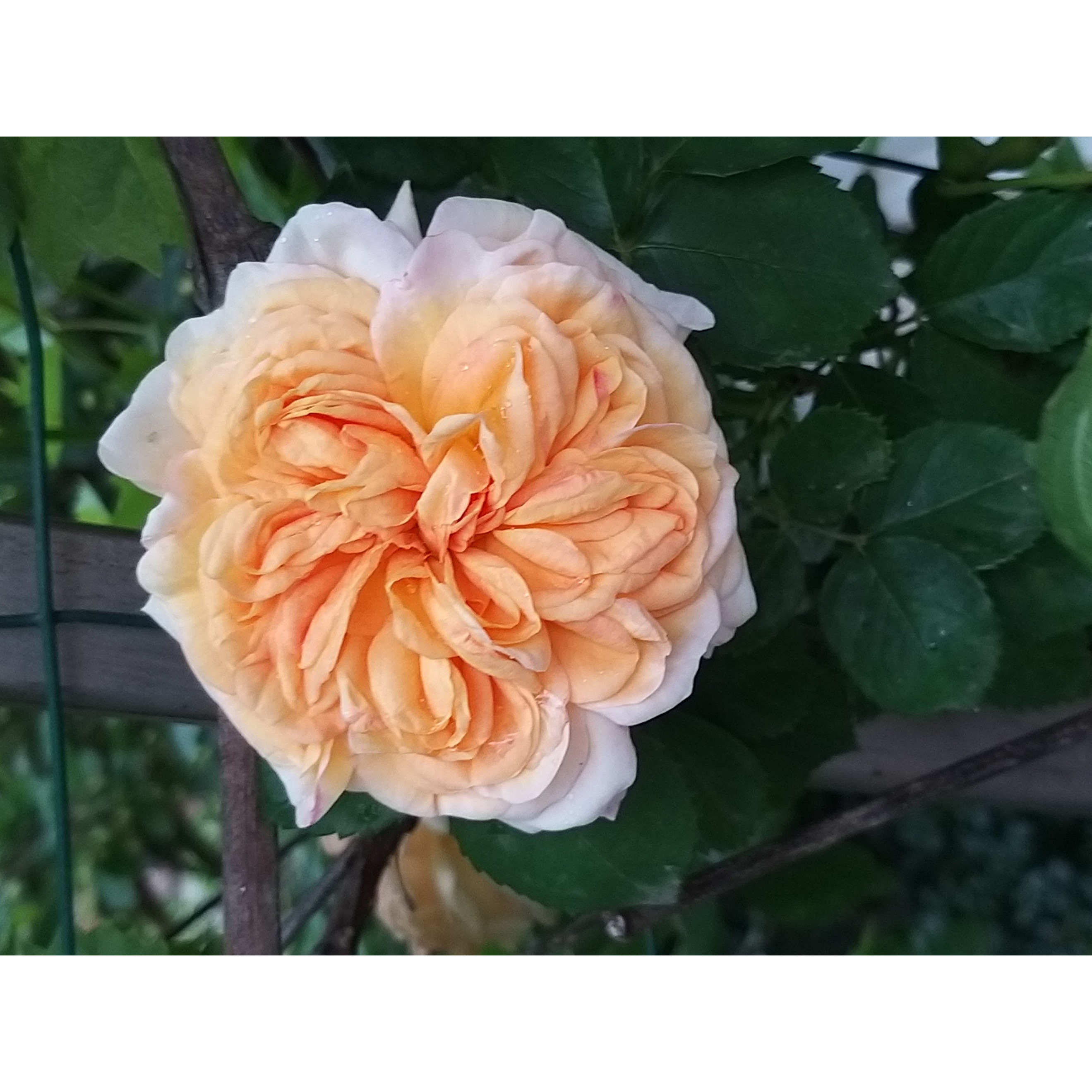
Thierry P.

May flowering - image 30
Thierry P. • 84 FR
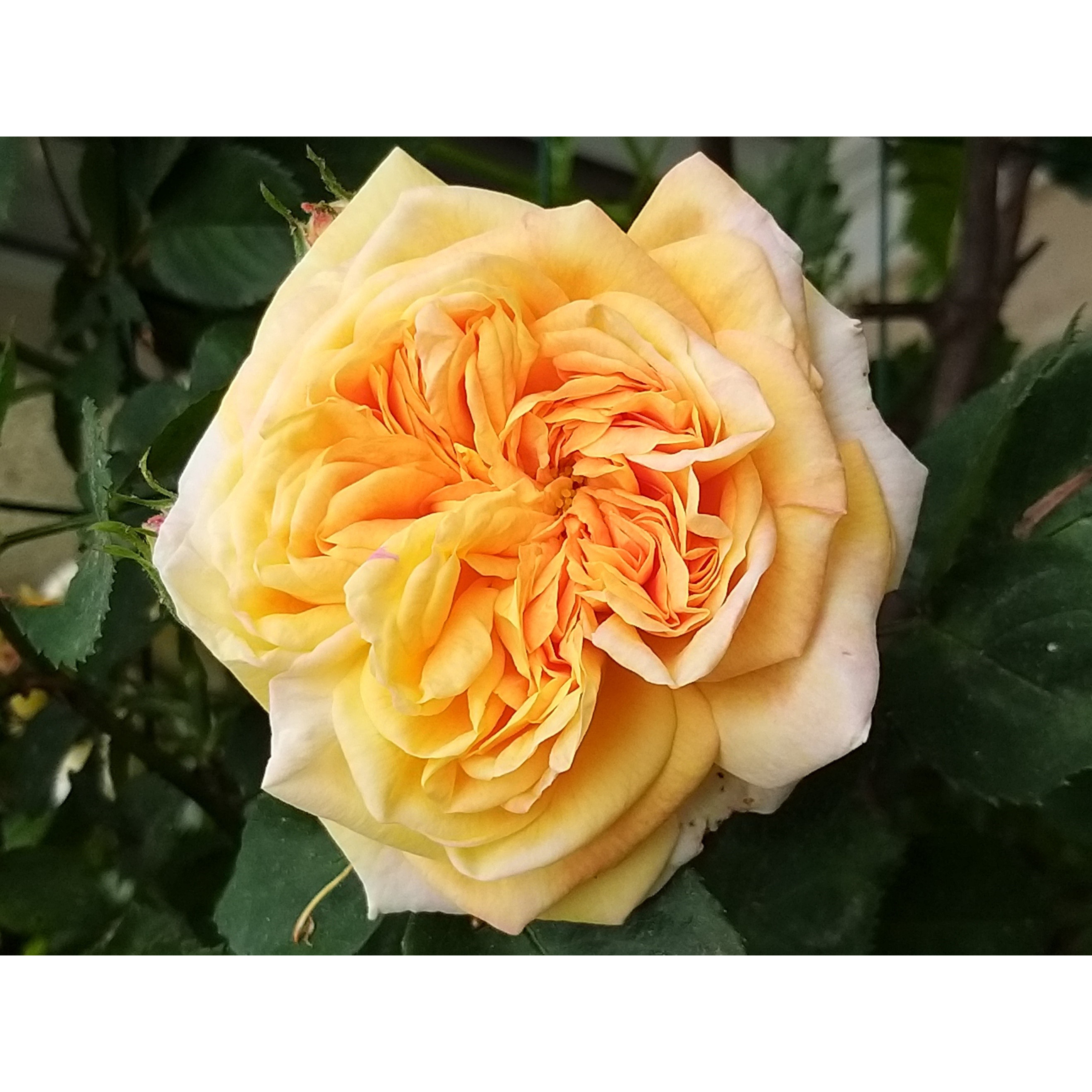
Thierry P.

April flowering - image 15
Thierry P. • 84 FR
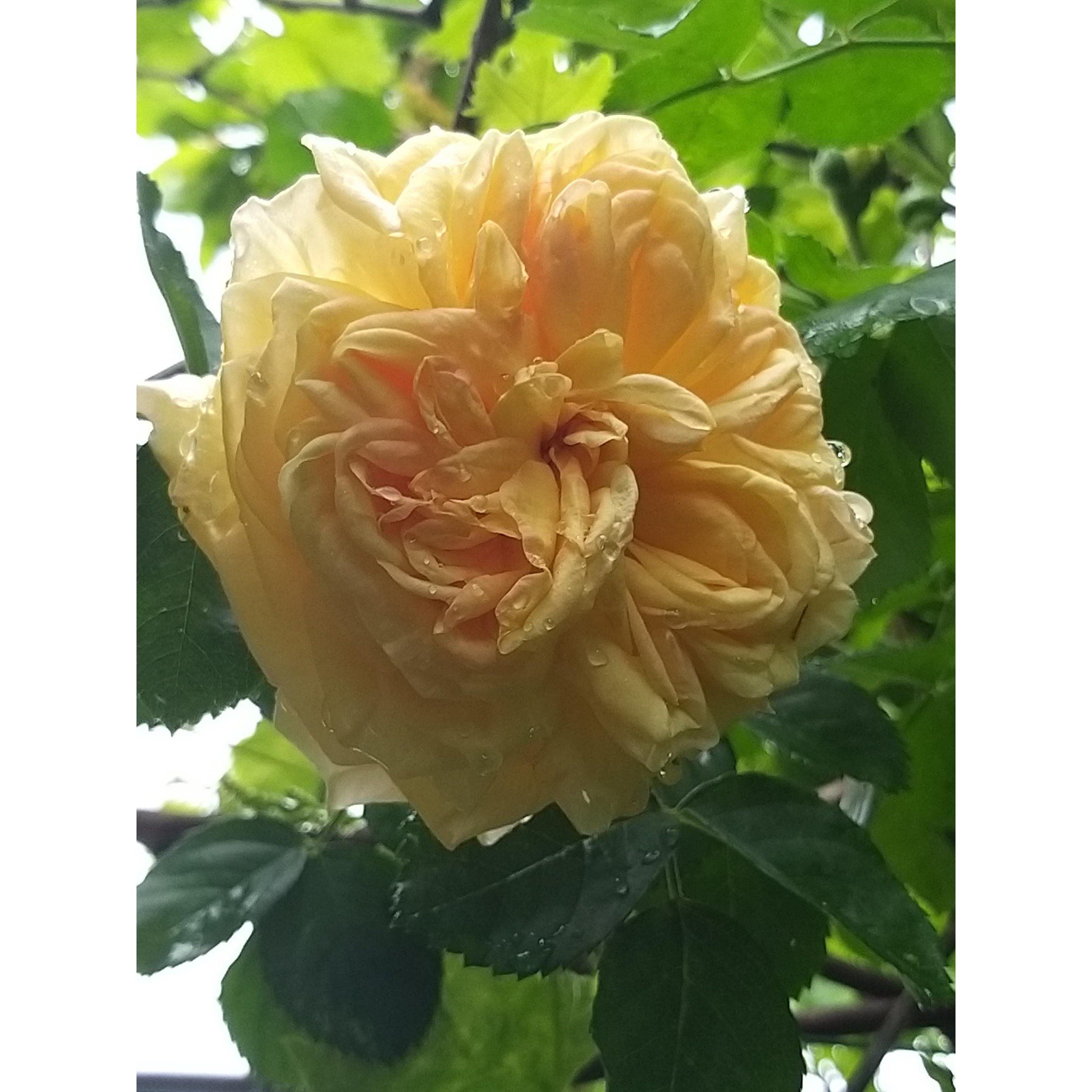
Thierry P.

April flowering - image 8 - Photo in the rain.
Thierry P. • 84 FR
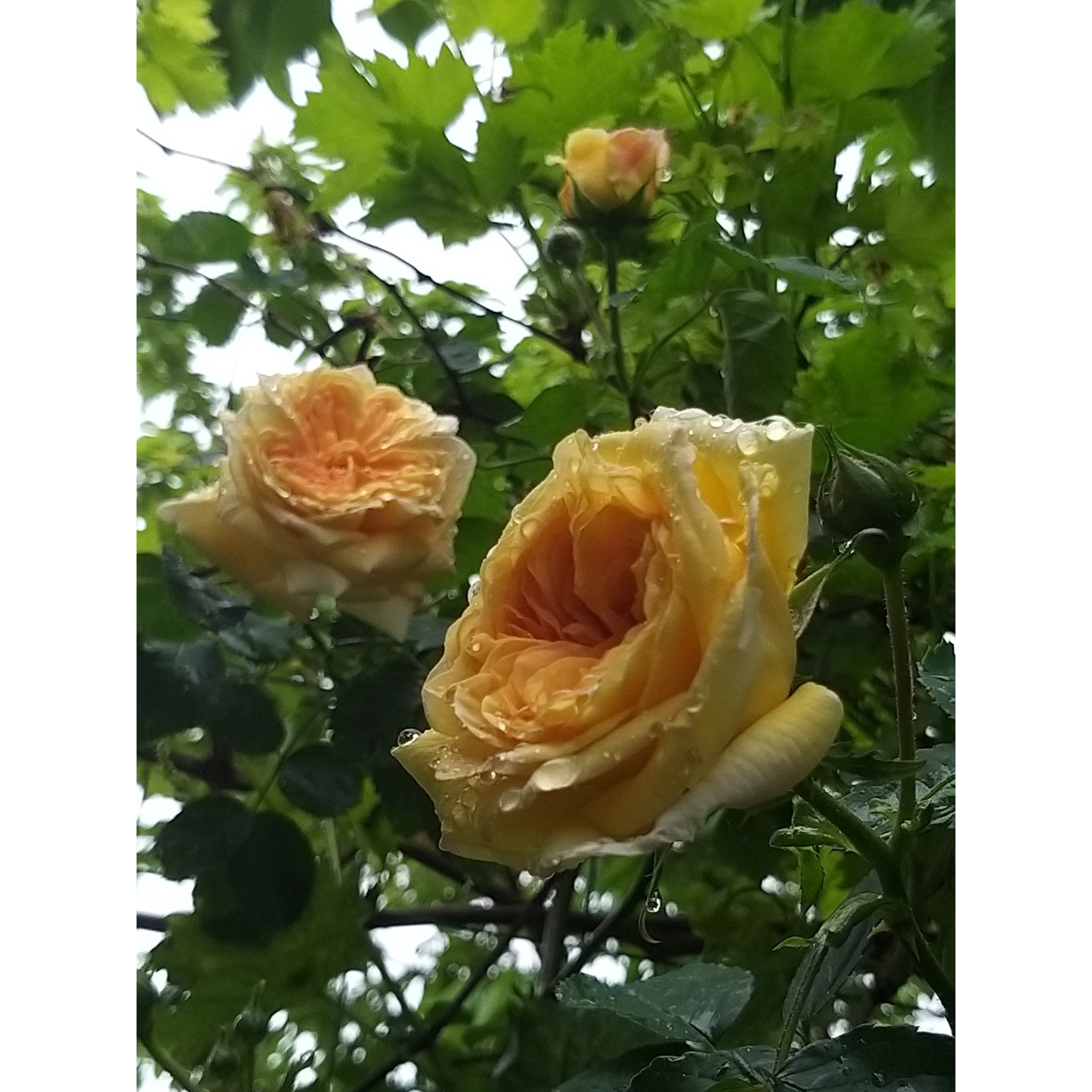
Thierry P.

April flowering - image 5 - Photo in the rain.
Thierry P. • 84 FR
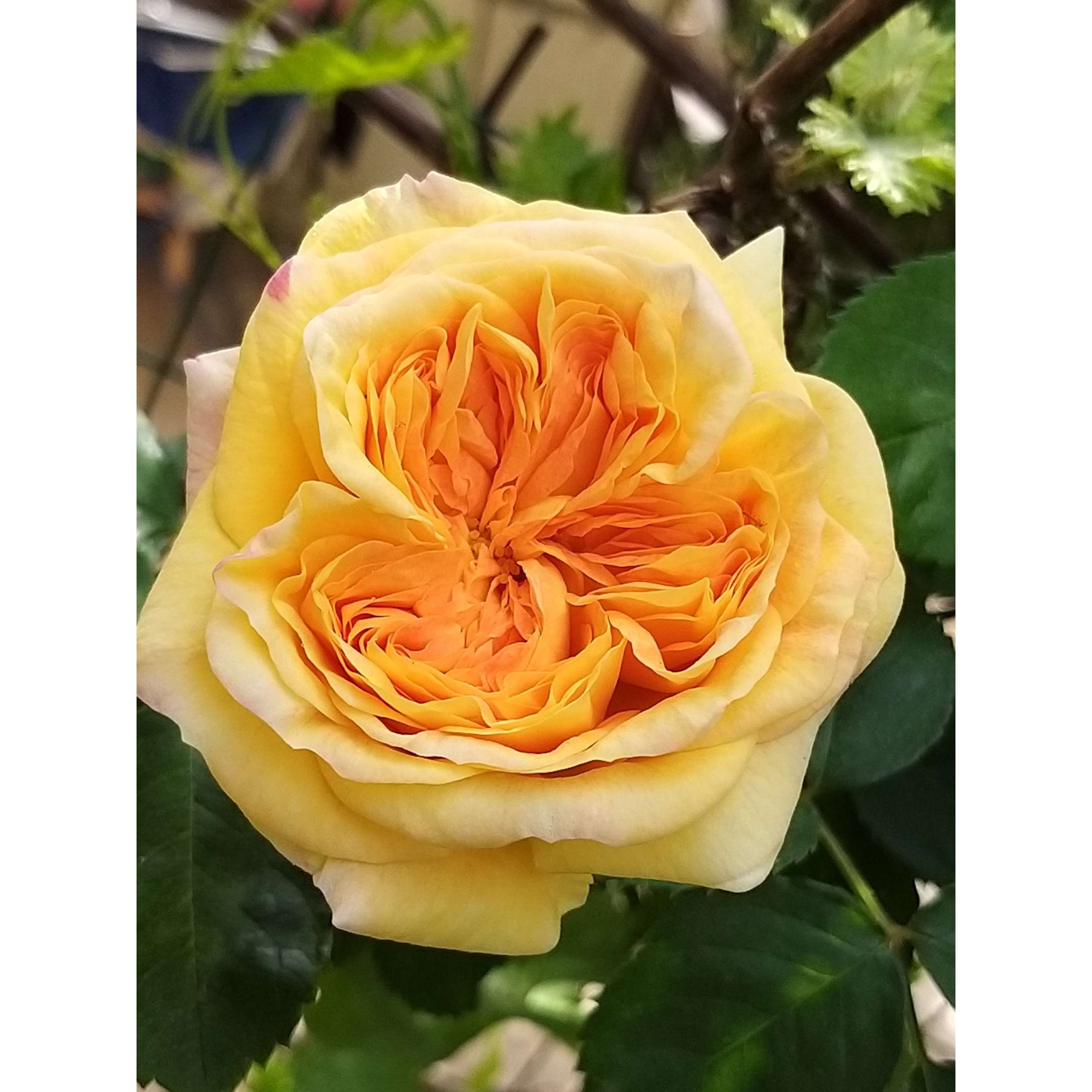
Thierry P.

April flowering - image 4
Thierry P. • 84 FR
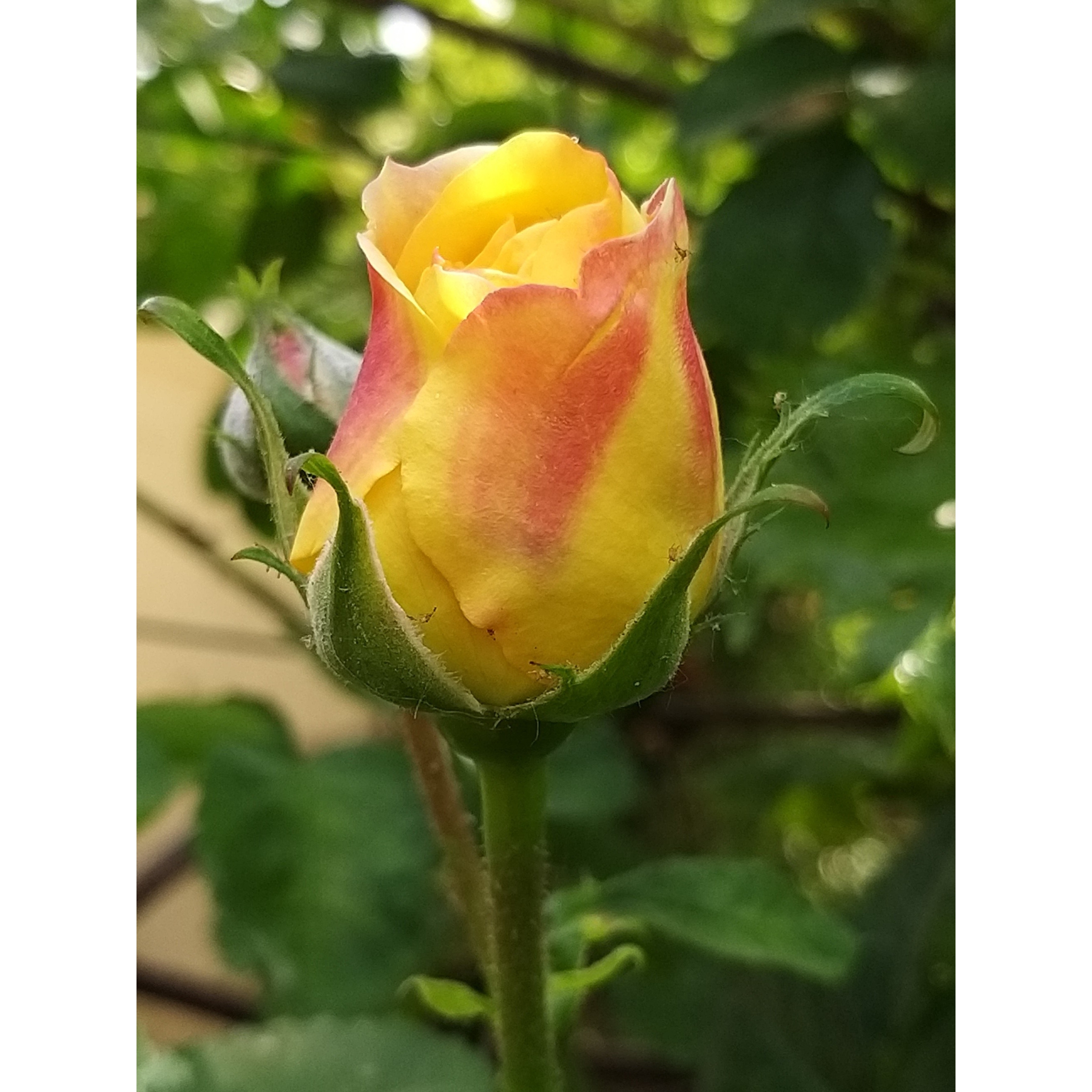
Thierry P.

April flowering - image 2
Thierry P. • 84 FR
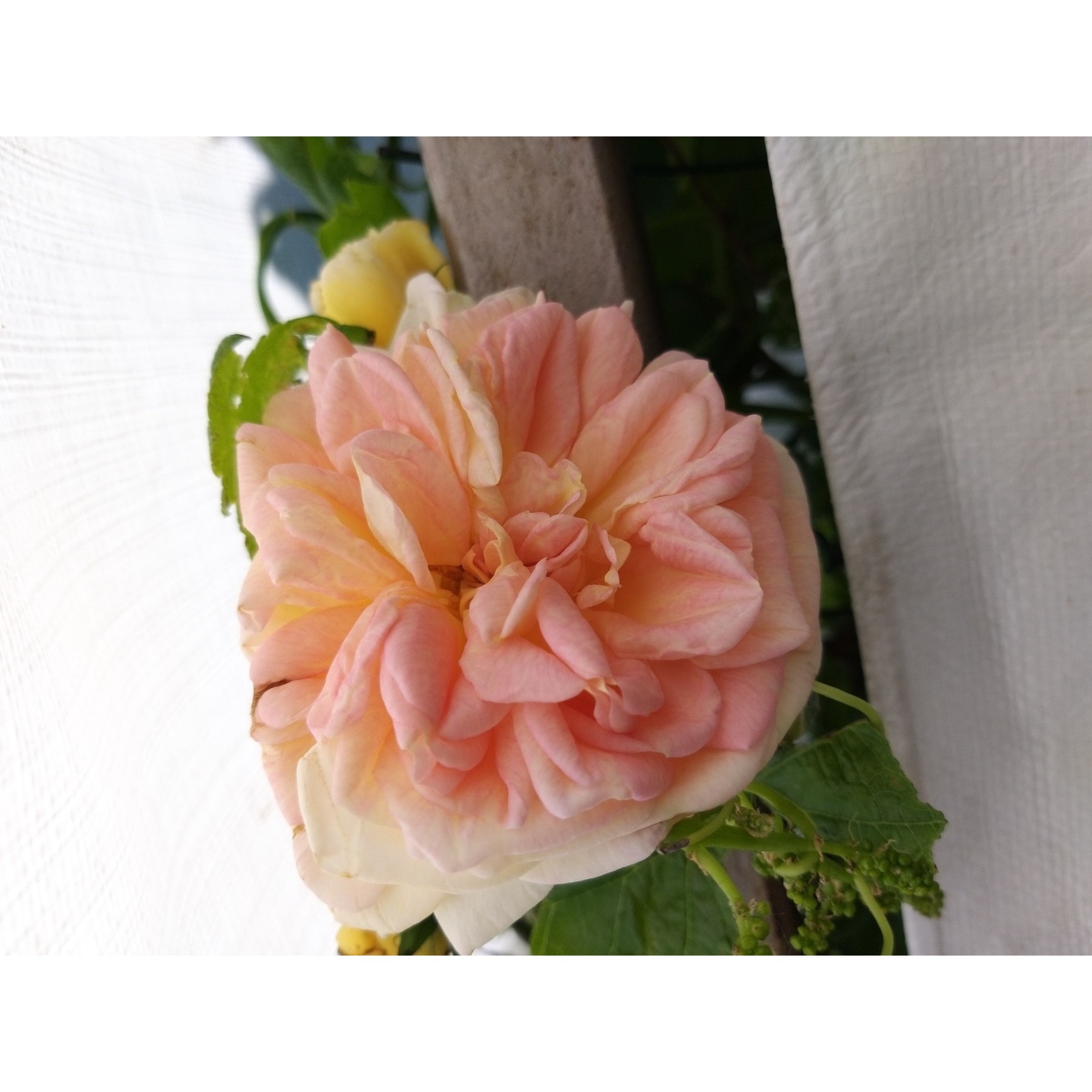
Thierry P.

The flower and the scent are good, it's a pity that this rose isn't perpetual.
Thierry P. • 84 FR
Rosa 'Alchymist'
Rosa Alchymist
Rose
Planted in October 2020, finally got some flowers this year but a bad surprise: small pale yellow flowers instead of the large apricot-orange flowers advertised. Product not as expected.
THI, 22/05/2024
Special offer!
Receive a €20 voucher for any order over €90 (excluding delivery costs, credit notes, and plastic-free options)!
1- Add your favorite plants to your cart.
2- Once you have reached €90, confirm your order (you can even choose the delivery date!).
3- As soon as your order is shipped, you will receive an email containing your voucher code, valid for 3 months (90 days).
Your voucher is unique and can only be used once, for any order with a minimum value of €20, excluding delivery costs.
Can be combined with other current offers, non-divisible and non-refundable.
Home or relay delivery (depending on size and destination)
Schedule delivery date,
and select date in basket
This plant carries a 6 months recovery warranty
More information
We guarantee the quality of our plants for a full growing cycle, and will replace at our expense any plant that fails to recover under normal climatic and planting conditions.

Description
The 'Alchymist' Rose is a modern hybrid variety whose roses resemble in shape and fragrance those of old roses. It only blooms once, in June-July, but is covered with an abundance of large, very double roses, pale apricot yellow with hints of orange-pink in the centre. Its flexible and spreading branches and moderate growth allow it to be trained as a climber but also as a large flowering hedge bush. A very hardy, sturdy and vigorous variety that tolerates poor soils.
This large rose with semi-evergreen foliage is a creation by Kordes in Germany, dating back to 1956. This fantastic modern hybrid, belonging to the Rosa x Wichuraiana family, has a broad and flexible habit. It will reach a height of 2.50m (8ft) to 3.50m (2ft) with a spread of 1 to 2m (3 to 7ft), depending on the growing conditions. Its long dark stems are flexible and covered with young bronze foliage when they emerge, becoming dark green and somewhat leathery. Its disease resistance is quite good but appears slightly sensitive to black spot if trained against a too-sunny wall. The flowers of this climber, which bloom only once, form in July. They emerge on short shoots from the second year as soft orange buds. They open into large, very double cups, 9cm (4in) in diameter, made up of quarters of small old-fashioned yellow apricot pleated petals, turning to a nuanced orange-pink in the centre. In the sun, they fade to a creamy shade. They are different, creating a beautiful effect of soft shades along the flexible stems. Resistant to rain, they are surrounded by a sweet fruity fragrance. The small fruits that birds enjoy in the winter are fleshy false fruits called hips.
'Alchymist' is a majestic rose in full bloom endowed with the strength of tenderness despite its thorny branches attacking old stones. Like other large roses, such as Ghislaine de Féligonde, with which it goes so well, it is unrivalled for giving a little air of abandon planted above beds that are too strict. It's an ideal companion for an old fruit tree, a small pillar or a garden shed, giving them a touch of charm. It will provide a poetic and fragrant passageway placed on an arch near the terrace. As it only flowers for a month, it can be combined with a large-flowered clematis, which will continue to flower in summer until autumn. As it is easy to keep it bushy, it can also be planted in a mixed hedge with viburnums, seringats or lilacs.
Report an error about the product description
Rosa 'Alchymist' in pictures
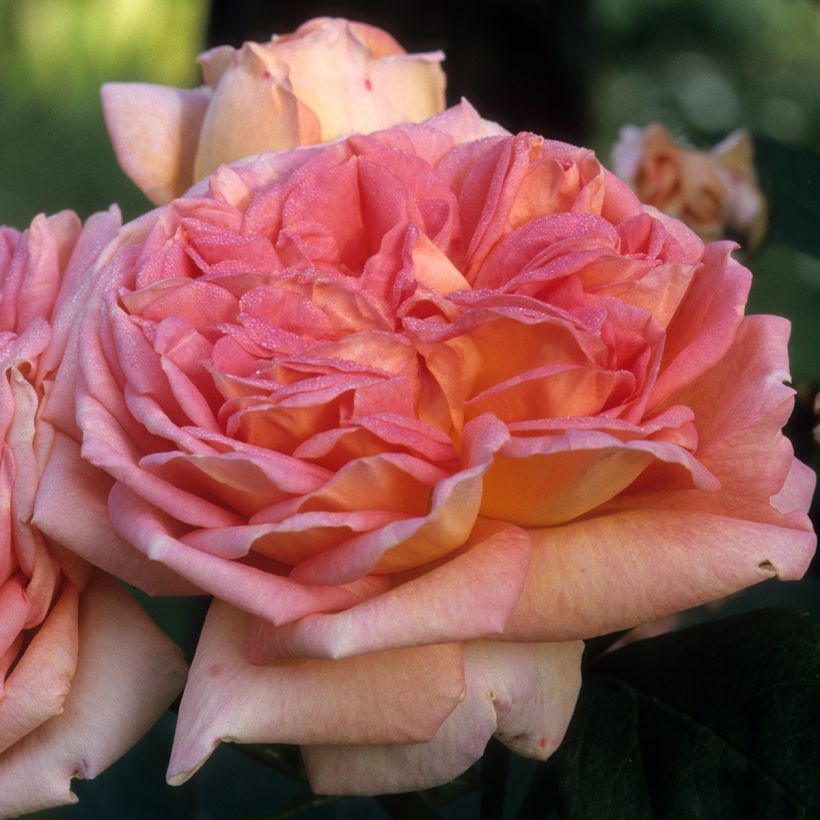

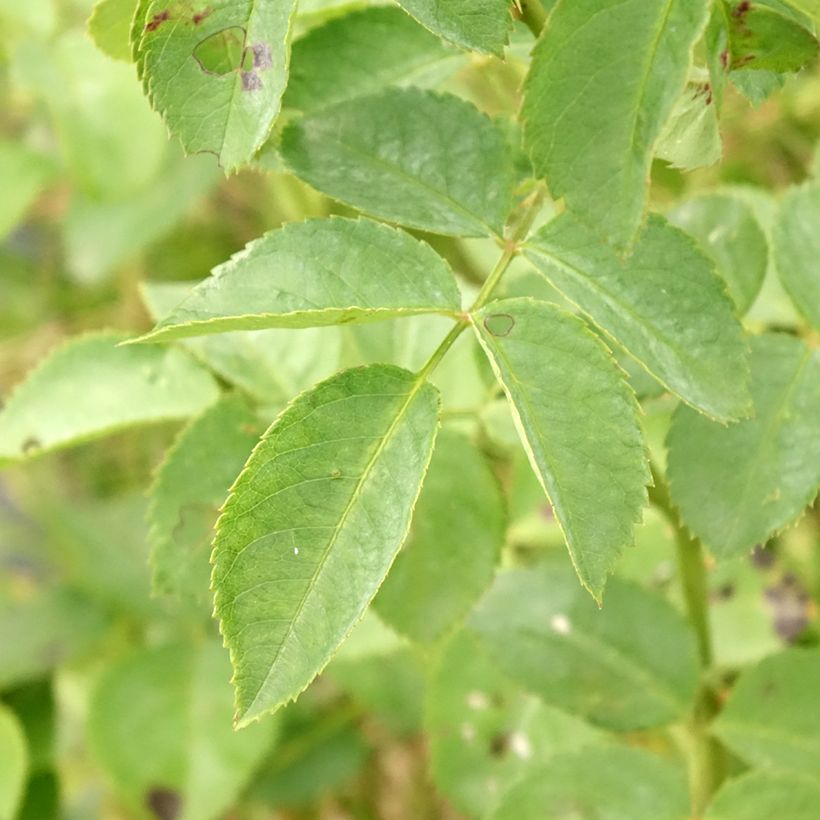

Plant habit
Flowering
Foliage
Botanical data
Rosa
Alchymist
Rosaceae
Rose
Cultivar or hybrid
Rosa canina Laxa (4L/5L pot, Wrapped bare root)
Planting and care
The Alchymist rose adapts to any soil, even heavy or sandy and poor; as long as the planting is taken care of, it does not lack water or food to get off to a good start. Plant it in well-worked and drained ordinary soil, sunny (avoid a south-facing wall), or semi-shaded location. Plant it in autumn, but never when it freezes.
The 2-year-old branches are the most floriferous. It is useful to reduce the stems that flowered the previous year to 3 or 4 buds or prune them to 15 cm (6in). The new sturdy stems will be trained, and the old ones will be removed if necessary. Very hardy, this rose withstands -25°C (-13°F). Removing dead wood in winter and removing faded flowers may be helpful if fruit formation is not desired. If necessary, light pruning can be done in spring after the risk of frost. Climbing roses can also grow freely if there is ample space.
If you plant a climbing rose next to a living tree, the rose's root system will compete with that of the already well-established tree. To control watering, a trick is to plant the rose in a large container with a perforated bottom at the base of the tree; the tree's roots will not penetrate the container for at least a year. Remove the container after one year by cutting one side without disturbing the rose's root system. The rose will have had time to develop its root system deep down and will be more resistant.
Roses in late summer may appear stained or unsightly, but it does not affect their development. These blemishes are a natural occurrence and do not harm the roses.
Planting period
Intended location
Care
-
, onOrder confirmed
Reply from on Promesse de fleurs
Similar products
Haven't found what you were looking for?
Hardiness is the lowest winter temperature a plant can endure without suffering serious damage or even dying. However, hardiness is affected by location (a sheltered area, such as a patio), protection (winter cover) and soil type (hardiness is improved by well-drained soil).

Photo Sharing Terms & Conditions
In order to encourage gardeners to interact and share their experiences, Promesse de fleurs offers various media enabling content to be uploaded onto its Site - in particular via the ‘Photo sharing’ module.
The User agrees to refrain from:
- Posting any content that is illegal, prejudicial, insulting, racist, inciteful to hatred, revisionist, contrary to public decency, that infringes on privacy or on the privacy rights of third parties, in particular the publicity rights of persons and goods, intellectual property rights, or the right to privacy.
- Submitting content on behalf of a third party;
- Impersonate the identity of a third party and/or publish any personal information about a third party;
In general, the User undertakes to refrain from any unethical behaviour.
All Content (in particular text, comments, files, images, photos, videos, creative works, etc.), which may be subject to property or intellectual property rights, image or other private rights, shall remain the property of the User, subject to the limited rights granted by the terms of the licence granted by Promesse de fleurs as stated below. Users are at liberty to publish or not to publish such Content on the Site, notably via the ‘Photo Sharing’ facility, and accept that this Content shall be made public and freely accessible, notably on the Internet.
Users further acknowledge, undertake to have ,and guarantee that they hold all necessary rights and permissions to publish such material on the Site, in particular with regard to the legislation in force pertaining to any privacy, property, intellectual property, image, or contractual rights, or rights of any other nature. By publishing such Content on the Site, Users acknowledge accepting full liability as publishers of the Content within the meaning of the law, and grant Promesse de fleurs, free of charge, an inclusive, worldwide licence for the said Content for the entire duration of its publication, including all reproduction, representation, up/downloading, displaying, performing, transmission, and storage rights.
Users also grant permission for their name to be linked to the Content and accept that this link may not always be made available.
By engaging in posting material, Users consent to their Content becoming automatically accessible on the Internet, in particular on other sites and/or blogs and/or web pages of the Promesse de fleurs site, including in particular social pages and the Promesse de fleurs catalogue.
Users may secure the removal of entrusted content free of charge by issuing a simple request via our contact form.
The flowering period indicated on our website applies to countries and regions located in USDA zone 8 (France, the United Kingdom, Ireland, the Netherlands, etc.)
It will vary according to where you live:
- In zones 9 to 10 (Italy, Spain, Greece, etc.), flowering will occur about 2 to 4 weeks earlier.
- In zones 6 to 7 (Germany, Poland, Slovenia, and lower mountainous regions), flowering will be delayed by 2 to 3 weeks.
- In zone 5 (Central Europe, Scandinavia), blooming will be delayed by 3 to 5 weeks.
In temperate climates, pruning of spring-flowering shrubs (forsythia, spireas, etc.) should be done just after flowering.
Pruning of summer-flowering shrubs (Indian Lilac, Perovskia, etc.) can be done in winter or spring.
In cold regions as well as with frost-sensitive plants, avoid pruning too early when severe frosts may still occur.
The planting period indicated on our website applies to countries and regions located in USDA zone 8 (France, United Kingdom, Ireland, Netherlands).
It will vary according to where you live:
- In Mediterranean zones (Marseille, Madrid, Milan, etc.), autumn and winter are the best planting periods.
- In continental zones (Strasbourg, Munich, Vienna, etc.), delay planting by 2 to 3 weeks in spring and bring it forward by 2 to 4 weeks in autumn.
- In mountainous regions (the Alps, Pyrenees, Carpathians, etc.), it is best to plant in late spring (May-June) or late summer (August-September).
The harvesting period indicated on our website applies to countries and regions in USDA zone 8 (France, England, Ireland, the Netherlands).
In colder areas (Scandinavia, Poland, Austria...) fruit and vegetable harvests are likely to be delayed by 3-4 weeks.
In warmer areas (Italy, Spain, Greece, etc.), harvesting will probably take place earlier, depending on weather conditions.
The sowing periods indicated on our website apply to countries and regions within USDA Zone 8 (France, UK, Ireland, Netherlands).
In colder areas (Scandinavia, Poland, Austria...), delay any outdoor sowing by 3-4 weeks, or sow under glass.
In warmer climes (Italy, Spain, Greece, etc.), bring outdoor sowing forward by a few weeks.































